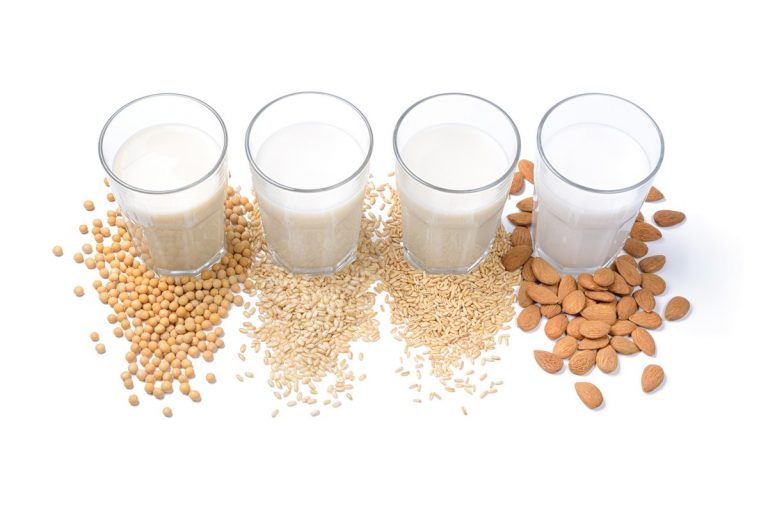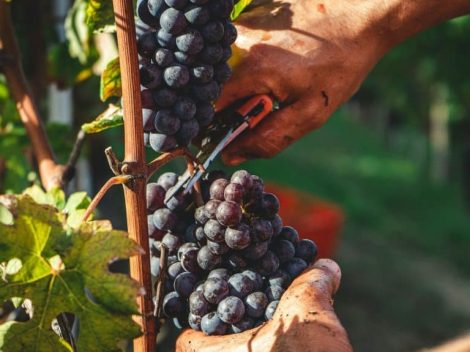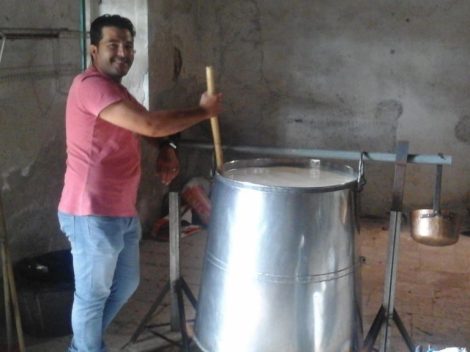Vegetable beverages are a well-established and constantly growing trend. Yet, nothing seems to change in European schools, au contraire: when asked by vegan associations to include products in canteens, Parliament responded in the negative, forbidding their promotion among students. A no arrived on the occasion of the organisation of the new guidelines for school programmes, rethought with particular attention to healthy eating. Vegan beverages could also have been included in these, useful for pupils who follow a different type of diet, but also for all those who, trivially, find it difficult to digest cow's milk: to oppose the request of animal rights associations, organisations of the breeders, who eventually prevailed.
No to vegetable beverages in European schools
"We are very disappointed by the outcome of this vote," said Lucia Hortelano, head of European policies at ProVeg International, a non-governmental organisation committed to promoting a more plant-based diet. And she continues: "Many children in the EU cannot or do not want to drink cow's milk for medical, ethical, taste or environmental reasons," these are students who will thus be forced to avoid the products altogether. In fact, including alternatives to animal milk "is essential in terms of inclusion, availability, sustainability and convenience," and the offer of vegan products today is very vast and "equally nutritious."
A real pity, considering that the food promotion programme desired by Parliament has noble objectives: great attention will be paid to the consumption of organically grown foods, carbonated and sugary drinks and junk food will be banned, and specific measures will be introduced for children who suffer from allergies or intolerances. The companies chosen will be varied, but we will try not to outsource all supplies to major international brands. The priority, as reported by the rapporteur Carmen Avram, Romanian deputy of the Socialists & Democrats group, will be reserved for organic products and unprocessed foods. In addition to reducing foods that are too fatty, with added salt, sweeteners and too much sugar.
by Michela Becchi


 The irresistible charm of oxidative wines: the diaries of a Master of Wine
The irresistible charm of oxidative wines: the diaries of a Master of Wine "A Puglian cuisine without orecchiette or traditional dishes": Somma in Singapore explores the fine dining of the future
"A Puglian cuisine without orecchiette or traditional dishes": Somma in Singapore explores the fine dining of the future Here's how Valpolicella is evolving through the journey of an iconic wine
Here's how Valpolicella is evolving through the journey of an iconic wine "Chenin Blanc will be the new Chardonnay": Interview with Master of Wine Madeleine Stenwreth
"Chenin Blanc will be the new Chardonnay": Interview with Master of Wine Madeleine Stenwreth The ancient chocolate factory hidden in the alleys of Rome
The ancient chocolate factory hidden in the alleys of Rome






